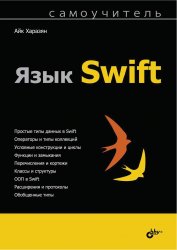- Добавил: literator
- Дата: 28-06-2024, 05:14
- Комментариев: 0
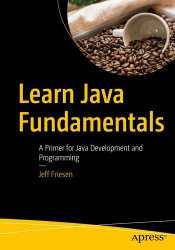 Название: Learn Java Fundamentals: A Primer for Java Development and Programming
Название: Learn Java Fundamentals: A Primer for Java Development and ProgrammingАвтор: Jeff Friesen
Издательство: Apress
Год: 2024
Страниц: 394
Язык: английский
Формат: pdf (true), epub (true)
Размер: 10.1 MB
Sharpen your Java skills and boost your potential as an IT specialist. This book introduces you to the basic Java features and APIs needed to prepare for a career in programming and development. You’ll first receive an introduction to Java and then explore language features ranging from comments though exception/error handling, focusing mainly on language syntax and a few select syntax-related APIs. This constitutes the heart of the book, and you’ll use these building blocks to construct simple Java programs, and learn where Java’s implementations of expressions (and operators), and statements diverge from other languages. The final few chapters tour some additional APIs such as the Math class, related types, String and StringBuffer, and System. Along the way you’ll discover some interesting programs, such as Graph (a sine/cosine wave-plotting application) and WC (a word-counting application). Two appendixes provide quick references to Java’s supported reserved words, and to Java’s supported operators. Equipped with this knowledge, Learn Java Fundamentals will provide you the pathway to explore additional APIs on your own, and increase your Java awareness. Java is like a two-sided coin. From one side, it’s a computer programming language. Conversely, it’s a virtual platform (the hardware and software context in which a program runs) for running programs written in that language. For developers, programmers, and students with little or no Java experience.

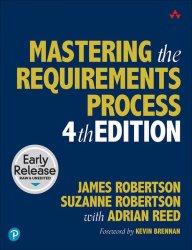
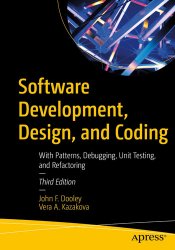
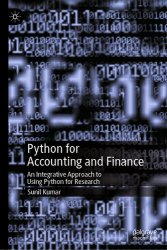
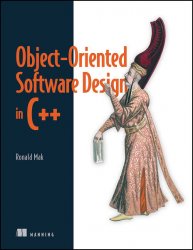
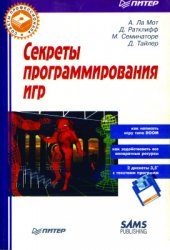
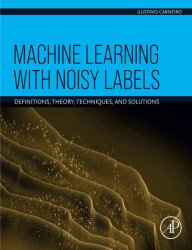
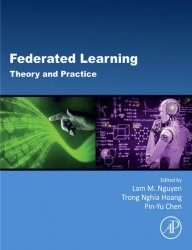
 Название: Learn Ansible: Automate your cloud infrastructure, security configuration, and application deployment with Ansible
Название: Learn Ansible: Automate your cloud infrastructure, security configuration, and application deployment with Ansible